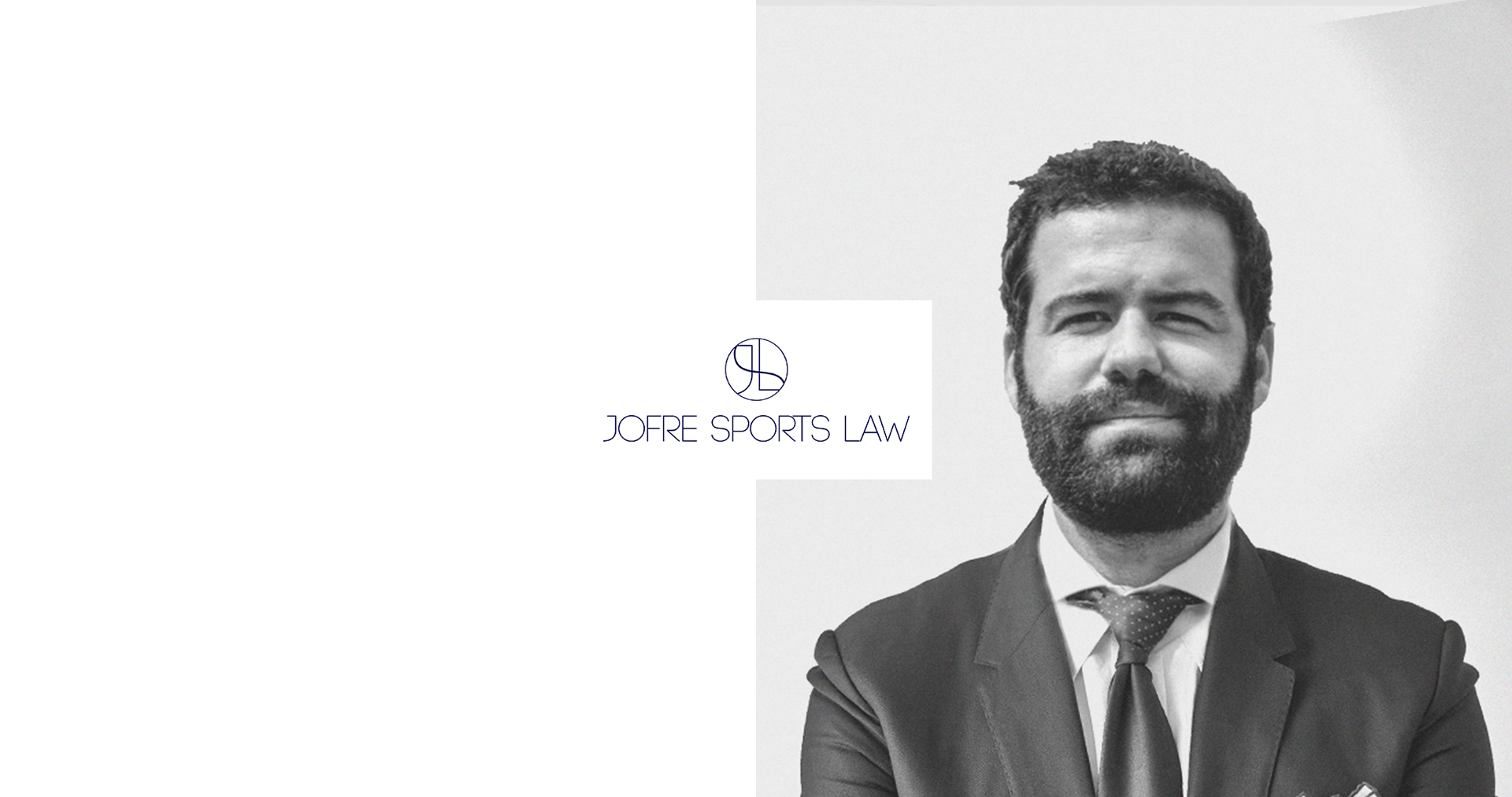
The Diarra ruling significantly impacted sports law by establishing key principles in player contract disputes, notably involving FIFA, underscoring the need for transparent and fair negotiations.
This detailed exploration of the Diarra ruling and its impact on international football law highlights the critical role of specialized legal training in the sports industry. As the sport continues to grow and evolve, the need for well-trained legal professionals becomes increasingly important.
The Diarra ruling serves as a reminder of the complexities and challenges that lie ahead, and the importance of staying informed and committed to excellence in sports law.
In this football oriented MatchPoint Talk, we delve into the intricacies of international sports law with Álvaro Gómez de la Vega Jiménez, an esteemed sports lawyer and partner at Jofre Sports Law since July 2024.
Álvaro brings a wealth of experience to the table, having previously served as the Legal Director for RCD Espanyol and Málaga CF.
This discussion, supported by the International Sports Lawyers Association (ISLA), offers a comprehensive analysis of the landmark Diarra vs. FIFA ruling and its far-reaching implications for the world of professional football.
The case of Lassana Diarra vs. FIFA is a pivotal moment in sports law, setting significant precedents that continue to shape the regulatory landscape of international football.
Lassana Diarra, a prominent French footballer, found himself at the center of a contractual dispute that highlighted the complexities and inconsistencies within FIFA’s regulatory framework.
Diarra ruling, as a consequence for sports law, started when Diarra’s contract with Lokomotiv Moscow was terminated prematurely, leading to a series of legal battles that culminated in a groundbreaking ruling by the Court of Arbitration for Sport (CAS).
The crux of the issue revolved around the interpretation of FIFA’s regulations concerning the termination of player contracts and the subsequent compensation mechanisms.
The Diarra ruling has had profound implications for international football law, affecting international regulations and FIFA rules, as well as the broader ecosystem of players, clubs, and sporting entities:
The Diarra ruling serves as a catalyst for change, setting the stage for a more transparent and equitable future in professional football. As the sport continues to evolve, the lessons learned from this landmark case will guide the development of more robust and fair regulatory frameworks.
For legal professionals and compliance officers, the Diarra ruling underscores the importance of specialized training and continuous education. Organizations like Sports Law Hub offer comprehensive training programs that provide professionals with the knowledge and skills needed to navigate the complexities of international football law.
By staying informed and committed to excellence, legal professionals can play a pivotal role in shaping the future of the sport, ensuring that it remains fair, transparent, and compliant with global standards.
In this MatchPoint Talk, Álvaro Gómez de la Vega Jiménez provides an in-depth analysis of the Diarra ruling, offering valuable insights into its implications for international football law.
Backed by the expertise of the International Sports Lawyers Association (ISLA), this discussion is a must-watch for professionals seeking to enhance their understanding of the regulatory landscape and advance their careers in sports law.